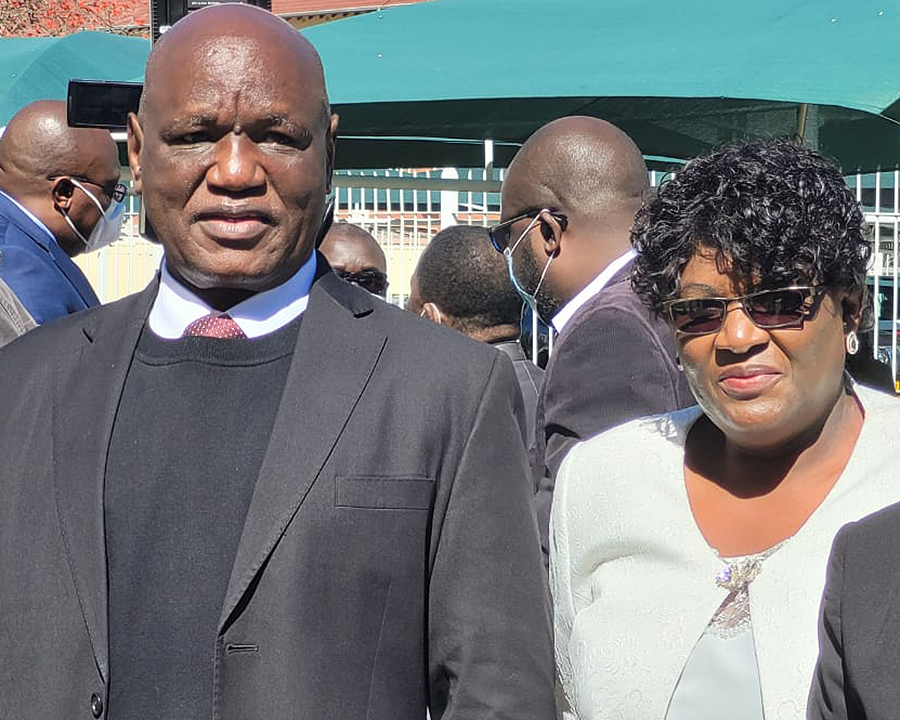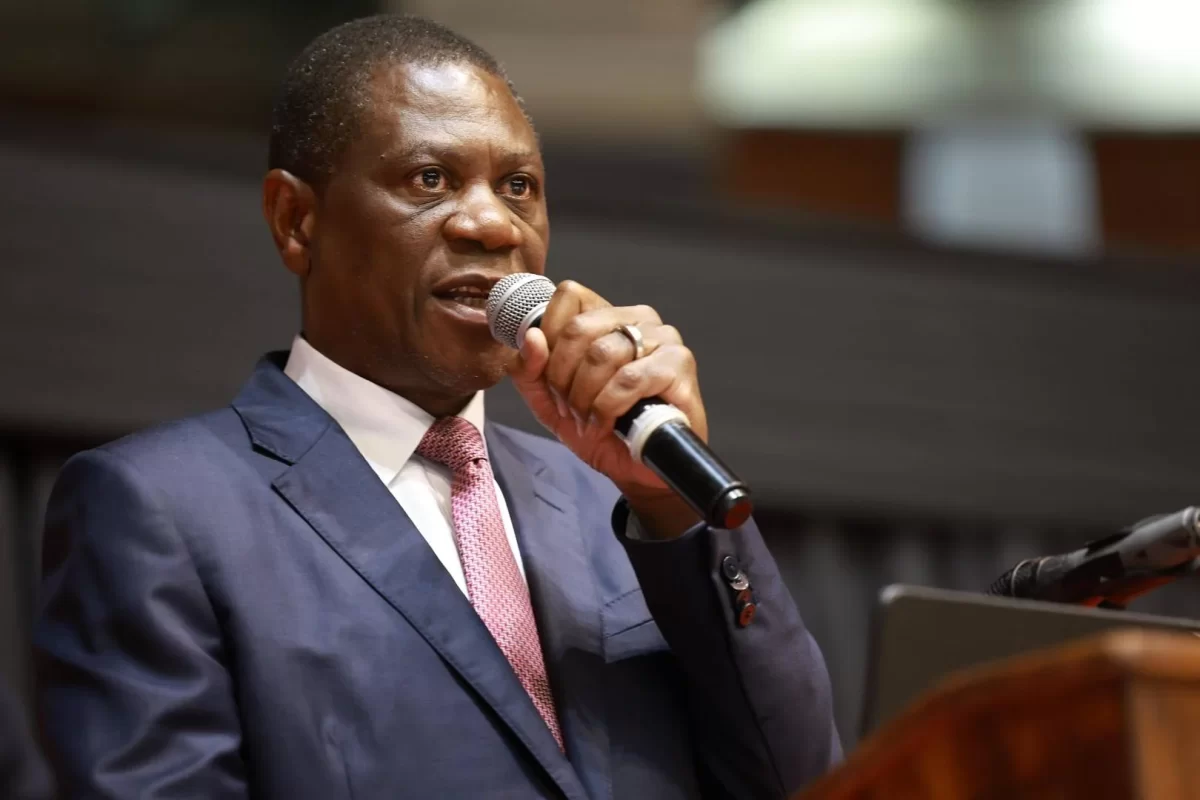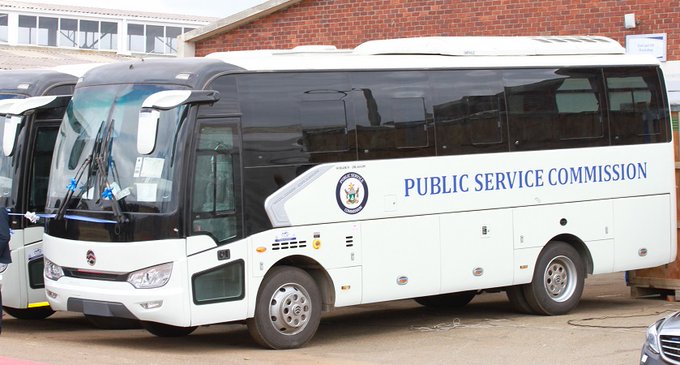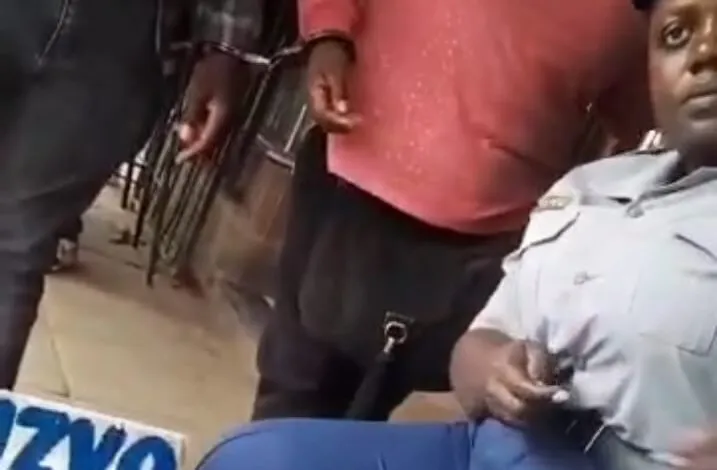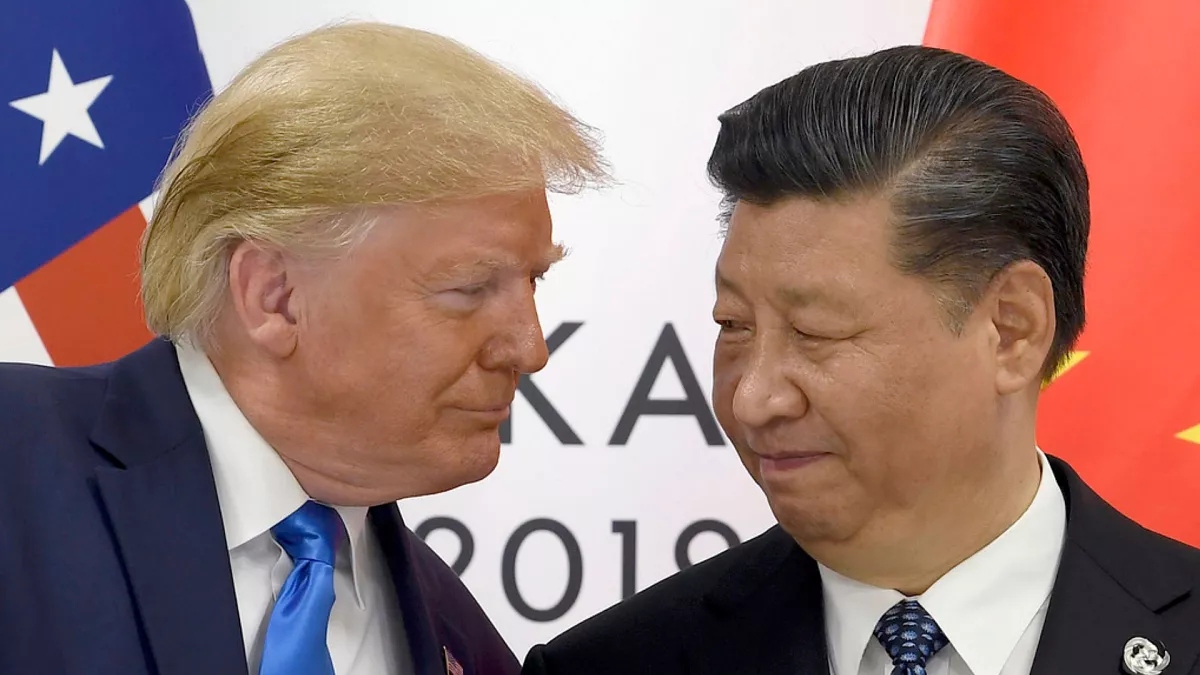HARARE – Embattled Chief Justice Luke Malaba – found by the High Court to be in office illegally – on Tuesday presided over the oath-taking ceremony by the new Judge President Mary Zimba-Dube.
The Constitutional Court has reserved judgement in an appeal brought by the government and the Judicial Service Commission (JSC) to the High Court ruling, and Malaba has used this to thrust himself back in as Zimbabwe’s top judge.
Zimba-Dube took two oaths – one for Judge President and a second as a commissioner of the JSC.
Malaba has been accused of intimidating his fellow judges by returning to work and supervising the same judges who are deciding his fate.
One lawyer watching the proceedings rhetorically asked the gathered journalists: “How do the Constitutional Court judges address him?”
A journalist responded, “Chief Justice, I presume?”
The lawyer shot back: “How, when they are supposed to decide whether or not he is Chief Justice?”
Many legal commentators say Malaba should have stood down from the position until the legal processes are completed.
There are questions over the legality of actions he has taken as Chief Justice since May 15 – which would become a major crisis should the government’s appeal fail.
Deputy Chief Justice Elizabeth Gwaunza, who at one time acted as the Chief Justice, has been presiding over most ceremonial engagements since May.
Malaba steered clear of the swearing-in ceremony of new Supreme Court judges – George Chiweshe, Samuel Kudya, Alpheous Chitakunye, Felistas Chatukuta, Hlekani Mwayera, and Joseph Musakwa – in June, allowing Gwaunza to preside.
Three High Court judges in May ruled that Malaba ceased to be a judge on May 15 after reaching retirement age of 70. Constitutional amendments rushed through parliament empowering President Emmerson Mnangagwa to extend the term of senior judges by five years past retirement age cannot benefit an incumbent, the High Court ruled.
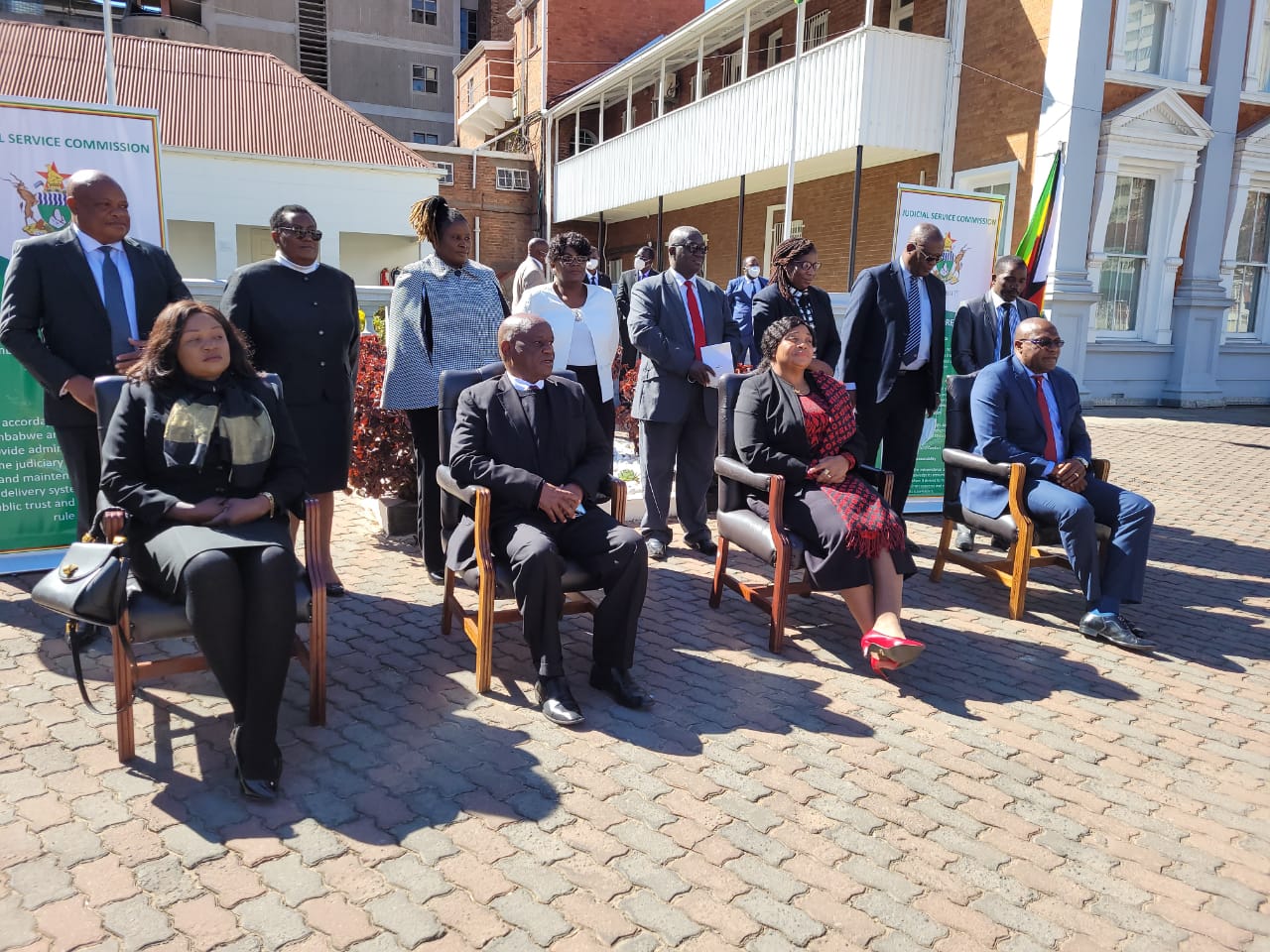
Zimba-Dube’s appointment has not been without controversy.
She was made Acting Judge President on June 25 amid a cacophony of criticism by lawyers who said the move was unconstitutional.
Section 181(2)(a) of the Constitution of Zimbabwe decrees: “If the office of Judge President of the High Court… is vacant or if the office holder is unable to perform the functions of that office, the next most senior judge of the court concerned acts as the Judge President.”
At the time of Zimba-Dube’s appointment as Acting Judge President, Justice Garainesu Mawadze of the Masvingo High Court was the most senior High Court judge followed by Justice Martin Makonese of the Bulawayo High Court. Justice Zimba Dube was only third.
Speaking after Tuesday’s ceremony, justice ministry permanent secretary Virginia Mabhiza said: “I’m very happy. Here we are, seeing a woman being elevated to a very high office of the judiciary. Let me say it’s not only about her being a woman but it’s also about the experience she has, not only in the courts but also in the area of administration.”
Justice Rita Makarau, now of the Constitutional Court, was the first woman to hold the position of Judge President.

